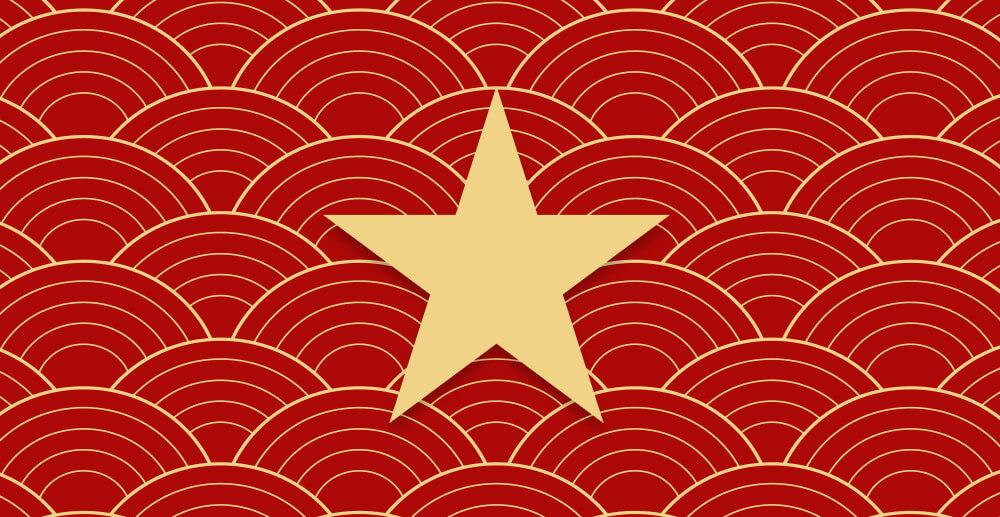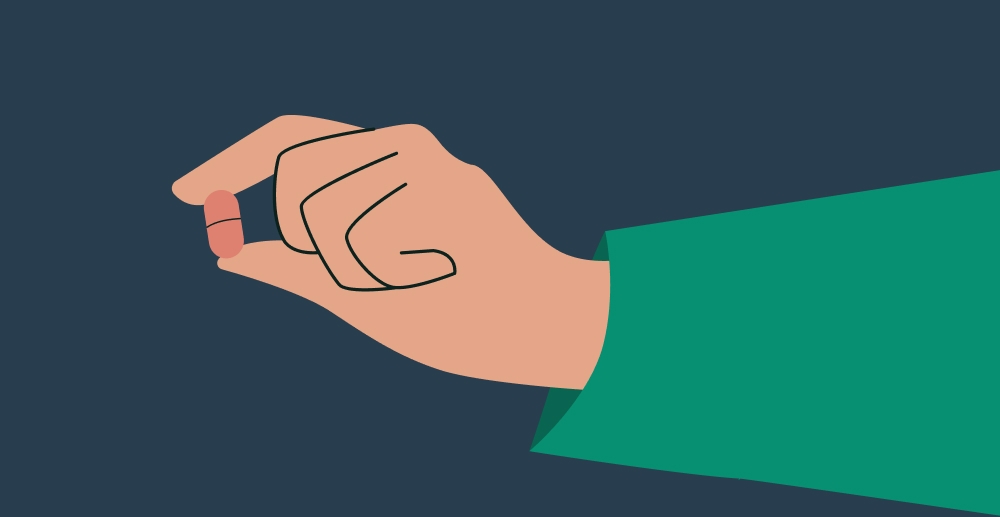“Weird” and “crazy” are two words that are used so commonly, so indiscriminately that they have lost some of their meaning but Jesus H. Christ, what a weird, crazy time we are living in.
There’s never been a harder time to stay sober… and there’s never been a better time to stay sober. We need to keep our wits about us, as individuals, as a country, as a species.
I’m in Arizona, which hasn’t been particularly hard hit by coronavirus but still, the pandemic has overpowered me several times in the last month: powerless fury in a Costco parking lot; sudden tears at the absence of traffic at a busy stoplight during rush hour; laying paralyzed on my kitchen floor after too much coffee, unable to start my day.
Which is to say sobriety during a pandemic is mostly just business as usual. People in recovery begin each day faced with the insurmountable task of negotiating this insane world sober, and each day we somehow manage to do it. No, it’s not great to lay face down on your grimy old hardwood floor for so long that your cat’s vocalizations begin to sound like entreaties (“Will you try to get up meow?”) But I’ve been sober for nearly eleven years now. I’ve lain on dirtier floors longer for much less serious reasons. Though I worry about the pandemic, I don’t worry about making it through the pandemic sober. I know I have the tools I need. If anything, it’s made me grateful to be a sober alcoholic because recovery has given me more tools to get through this pandemic than folks who haven’t struggled with addiction.
I am not an AA guy and I am very much an anti-theist but it would be dumb to deny the wisdom found in what’s become known as ‘The Serenity Prayer,’ credited to American theologian Reinhold Niebuhr:
“grant me the serenity to accept the things I cannot change,
courage to change the things I can,
and wisdom to know the difference.”
Like most of you, I don’t have the power to save the world. I’m not a scientist, I have no medical training, I can’t even sew masks. Constantly checking the news on my iPhone—News app, Reddit, Facebook, repeat ad nauseum—doesn’t help frontline health care workers, it doesn’t speed up vaccine research, it doesn’t protect my friends in New York and Atlanta and New Orleans, it doesn’t keep my mother healthy. What constantly refreshing the news on my phone does is keep my anxiety at a maximum.
I switched to reading the news in the morning, at dinner, and before I go to bed. And I’m steering myself away from online news, especially news targeted for smartphones. I was redlining when the first issue of my new subscription to the New Yorker showed up. I threw my phone across the room, my thumb already sore from scrolling, and cracked open the magazine. Almost instantly, everything felt different. Online news was like a can of Pringles—all that first chip was going to do was make me want another one and I was going to keep eating and eating until they were all gone and even then, nauseated and disgusted and dehydrated, I wouldn’t feel sated. By reading the print version of the New Yorker, I was still getting the information I needed, but through in-depth, responsible, thoughtful reportage instead of clickbait headlines, screaming in capital letters.
I recognize that the pandemic falls largely into the category of “things I cannot change.” But the first thing I can change is how I react to the things I can’t change. In order to get through the pandemic sober and sane, I’m embracing the art of benevolent selfishness: self-care. To protect my physical health, I eat as well as I can when only buying food once a week, I take my vitamins, I drink lots of water, I exercise almost every day, I get sunshine every day. I was training for a marathon but that meant wearing myself down so I’m back to running six miles three or four days a week instead of cranking out big double-digit runs on the weekend. To protect my mental health, I’m not trying to eat perfectly (and then beating myself up when I fail). I allow myself treats when I’ve worked out hard or just had a rough day. I allow myself to binge on TV or video games, but only after the sun’s gone down. To protect my physical health, I set my alarm for an hour later in the morning. But to protect my mental health, I haven’t turned my alarm off completely. Public businesses are shut down, but I am not shut down. I’m not going to attempt something massive like Feng shui’ing my hoarder’s heaven or get in the best shape of my life, but I still need to get up and I still need to get stuff done.
As a form of self-care, I express care for the people I love the most because I know that always lifts my spirits. My sister works at Target and she recently came down with a dry, barking cough. She suffers from allergies and she often starts coughing this time of year so we weren’t too freaked out, but she was immediately sent home from work for two weeks to recover. I brought her over a bunch of groceries and my old Xbox to keep her entertained. My mother is a spry 73-year-old who needs my help less often than I need hers but installing a bidet for her and bringing her the occasional onion or can of curry powder when she needs it has buoyed us both.
My greatest grounding influence, though, has been my cat. She can’t read the news, she doesn’t watch TV, she has no idea what’s going on. Every morning, she carefully pokes me with a claw or two to tell me it’s time to make her breakfast. Every evening, she flounces dramatically over to the kitchen for half a can of wet food. Every day, she insists that I run around the yard with her and scratch her cheeks and her chin and her tummy. Every day, she does something silly and reminds me that fun and laughter are integral parts of any recovery program. Every day, I have to scoop her stinky poops out of her cat box. Our day-to-day life together reminds me that while it feels like the world is on fire, these are still normal days. The cat needs to get fed, her cat box needs to get cleaned, I need to not drink.
Let the banalities of life keep your feet on the ground. We all love to hate social media because it’s become a substitute for hanging out in real life. But when we can’t hang out in real life, social media suddenly becomes an important tool. Use it to keep yourself honest, use it to find a virtual workout buddy, join a challenge, start a challenge. My #WriteQuarantine writing group on Facebook isn’t just therapeutic, it’s also generated some truly moving writing (and past challenges with this group have helped me finish books). I’m not a big gratitude person but I’ve committed to #gratefulApril on my Instagram: posting a picture of something I’m grateful for each day. Social media rarely brings me joy but it has provided a useful buffer, it’s kept me out of the doldrums.
Doing these little things to take care of your head and your heart and your health… it feels kind of inconsequential, doesn’t it? It’s not. The greatest contribution you can make to the world right now is by staying well, not getting sick. If you’re not in need of emergency health care, those resources will be available for someone else. By offering and accepting help as part of my self-care, I’m able to lift up people around me. I’m not naïve enough to suggest that positive vibes will make everything okay because I honestly believe the coronavirus pandemic will be the defining event of our time, our ‘Great War.’ But staying apart, staying sane, and staying healthy is how we are flattening the curve and it’s how we will squash the curve. Over a long enough period of time, we may see that accepting that thing we couldn’t change and instead focusing on the things we could actually change the course of a global pandemic. If you’re already in recovery, you have the tools you need. Let’s get to work.









